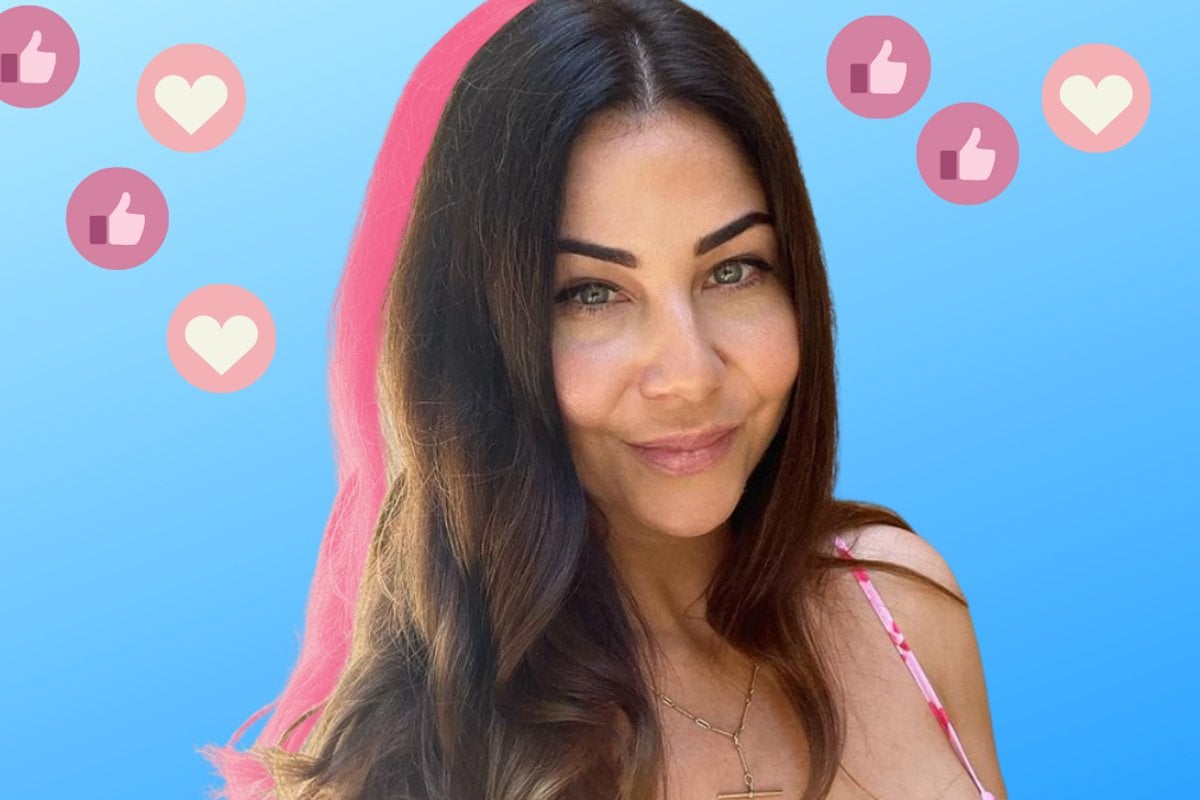
I posted a meme to my Instagram Stories last week that really struck a nerve with a lot of my followers. It was originally a tweet by author Lindsay Gibbs which read:
“Stop glamorising ‘the grind’ and start glamorising getting 7+ hours of sleep at night, having healthy relationships, feeling safe at work, taking sick days, being paid a living wage, working hard when you're at work, boundaries, and self-caring your way to success.”
Stop glamorizing “the grind” and start glamorizing getting 7+ hours of sleep at night, having healthy relationships, feeling safe at work, taking sick days, being paid a living wage, working hard when you’re at work, boundaries, and self-caring your way to success.
— Lindsay Gibbs (@linzsports) March 1, 2021

Top Comments